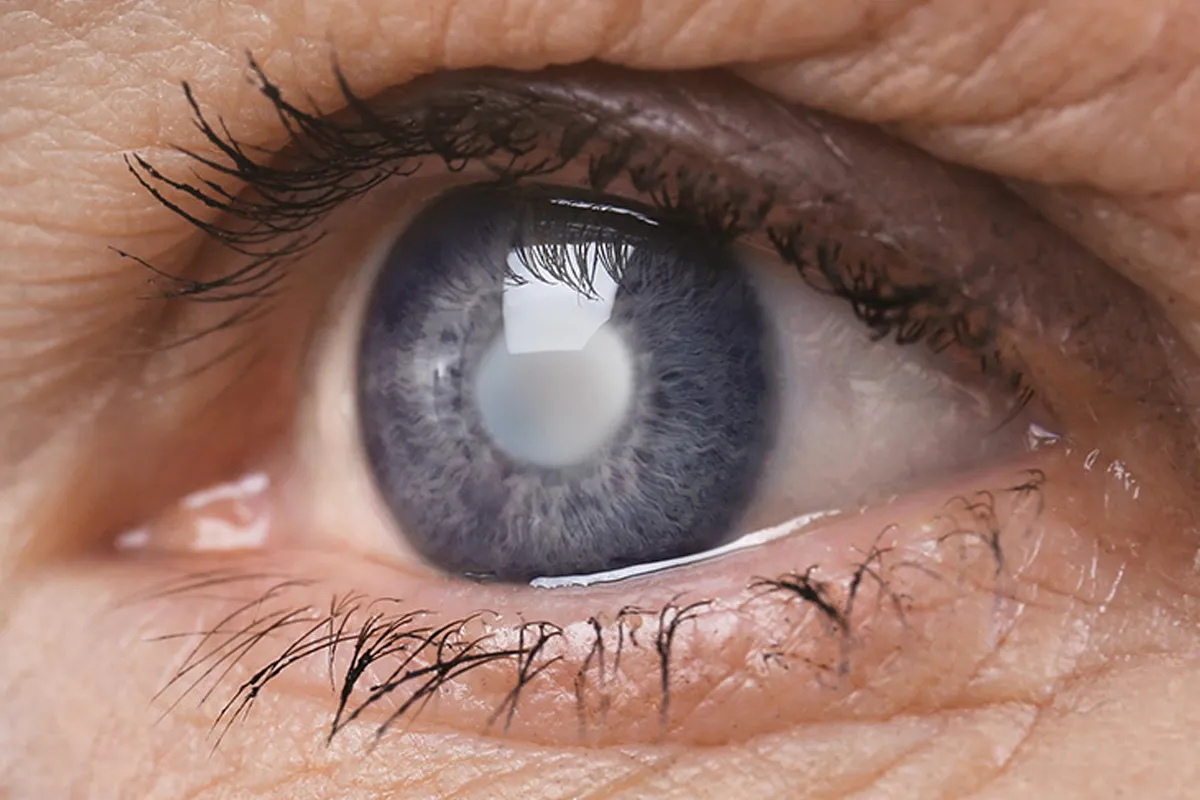According to a study, professional rugby players are more likely to show signs of poor mental health, such as depression and anxiety compared to amateur ones and non-contact athletes.
The research has been published in the journal ‘Sports Medicine’. The retired elite rugby players in the study suffered more concussions during their playing days than those in other groups and the researchers said this could be linked to their poor mental health later in life.
Players who had suffered five or more concussions were almost twice as likely to report signs of depression, anxiety and irritability compared with players with fewer concussions. These players were also more likely to struggle with feelings of covert anger.
Signs of depression and irritability were also more common in the rugby players who had suffered three or more concussions in their playing career. One in two players with three or more concussions experienced these signs of poor mental health compared to one in three players who had suffered less than three concussions.
The retired elite rugby union and league players, who all played in the UK, were compared to amateur rugby players and non-contact athletes, such as cricketers and runners. The scientists said further research is needed to explore if there is a direct neurobiological connection between repeated concussions and longer-term psychological health and to investigate any possible links with the development of neurodegenerative disease. Lead author, Dr Karen Hind from the Department of Sport and Exercise Sciences, at Durham University, said, “Our study shows that elite level rugby players disclosed more adverse mental health issues following retirement from the sport, compared to those who had played amateur level rugby, or a non-contact sport. This was particularly the case for those players who had experienced three or more concussions.”
There were no differences in alcohol scores between the retired sports groups or in relation to concussion history. However, the study did find that the former professional rugby players were more likely (1.8 to 2.9 times more likely) to suffer from sleep disruption compared to the amateur rugby players and non-contact athletes.
One in five former elite rugby players said they would not seek help from anyone if they had a problem or were upset.
The researchers acknowledged that forced retirement due to injury also played a part in players’ well-being post-retirement.
They also stressed that while this study does not conclude cause and effect; the findings are important for player welfare and added to a growing body of evidence on the impact of repeated concussions.























